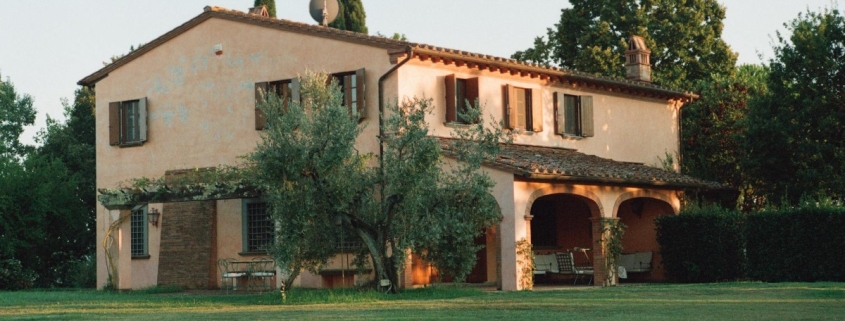Inheriting Property In Italy
Following our recent articles on wills and testaments, which sparked a lot of interest, we’re back with more crucial information based on our experience. This time, let’s talk about what happens when you inherit property in Italy.
Maybe you’ve just received news of an inheritance—a charming apartment in Rome, a rustic farmhouse in Umbria, or even just a share in a family home. Your first thought might be, “Great, free property!”.
But… hold on a minute. While inheriting property in Italy can be exciting, it also comes with a unique set of responsibilities and potential pitfalls that many foreign heirs aren’t prepared for.
Let me tell you about Sarah, a kind woman from California who inherited a beautiful old villa in Sicily from her Italian grandmother. Sarah was thrilled, dreaming of sunny holidays and big family gatherings. What she didn’t expect was the mountain of paperwork and complex legal steps required before she could truly call it her own. She quickly found herself navigating the declaration of succession, dealing with Italian banks, handling cadastral transfers, and trying to unfreeze bank accounts. The whole process was confusing, time-consuming, and, honestly, a bit overwhelming.
The truth is, inheriting property in Italy isn’t as simple as just getting the keys.
There’s a formal legal process you’ll need to follow, including:
• Declaration of Succession (Dichiarazione di Successione):
This mandatory tax declaration must be filed within a specific timeframe after the death. It’s not just about taxes—it’s the official way to notify Italian authorities about the inheritance.
• Dealing with Banks:
Accessing inherited bank accounts in Italy can be a bureaucratic maze. You’ll need to provide the right documents to unfreeze accounts and transfer funds.
• Cadastral Transfers (Volture Catastali):
Once the succession is complete, the property’s ownership must be updated in the Italian land registry (Catasto). This ensures the public record correctly reflects the new owner.
Beyond the Paperwork: Hidden Risks of Inheriting Property in Italy
But it’s not just about the bureaucracy. What if the property you’ve inherited is in poor condition?
Imagine finding out your inherited home has structural issues, a leaky roof, faulty wiring, or even a crumbling wall. In Italy, property owners are legally responsible for any damage their property may cause to others. If your inherited (and neglected) property causes injury or harm, you—as the new owner—could be held liable. That can lead to unexpected expenses, legal troubles, and serious stress.
Every inheritance is different, and navigating the Italian legal system from abroad can be tricky. Assuming everything will be simple just because you’ve inherited it can be a costly mistake—in both time and money.
If you want to make sure the process goes smoothly, understand your responsibilities, and avoid potential risks, getting proper legal advice in Italy is essential. We can help you manage everything—from declarations and bank procedures to making sure your inherited property doesn’t turn into a financial burden.
This article is not exhaustive and is a guidance only.
If you need help with an inheritance in Italy, do not hesitate to get in touch.
In collaboration with Antonio Strangio, expert in International Wills and Testaments.
Barbara De Benedittis Relocation and Legal in Italy



